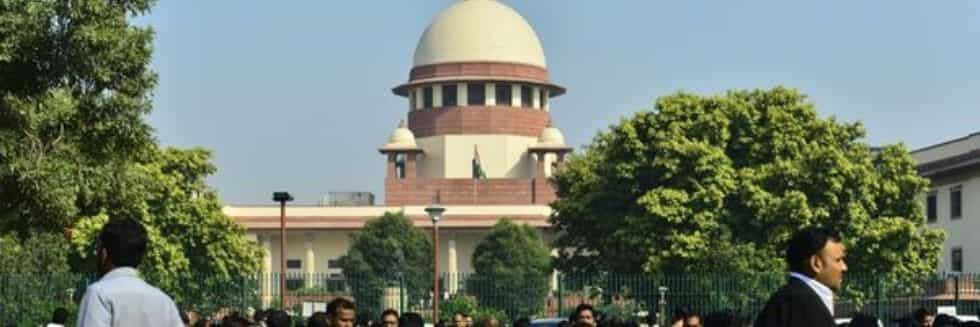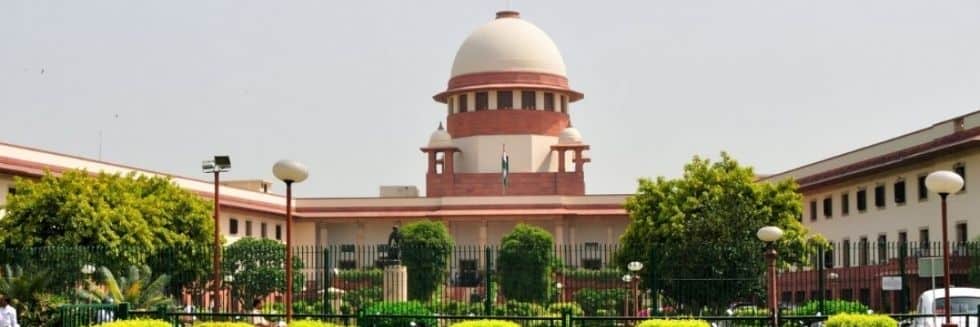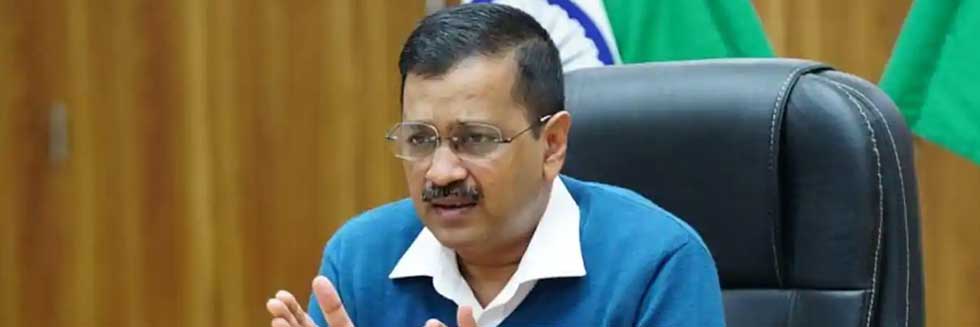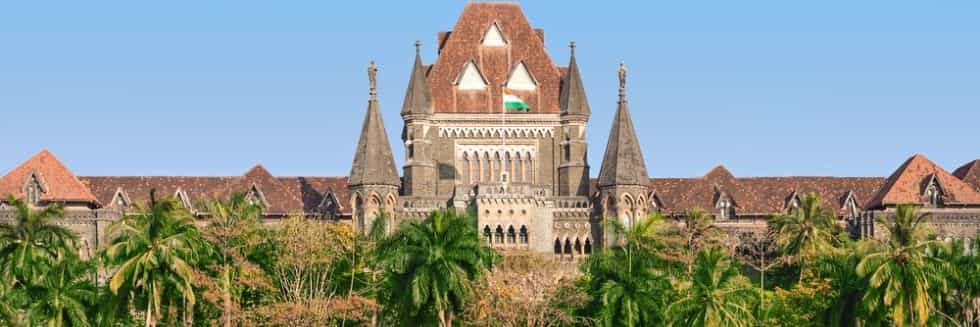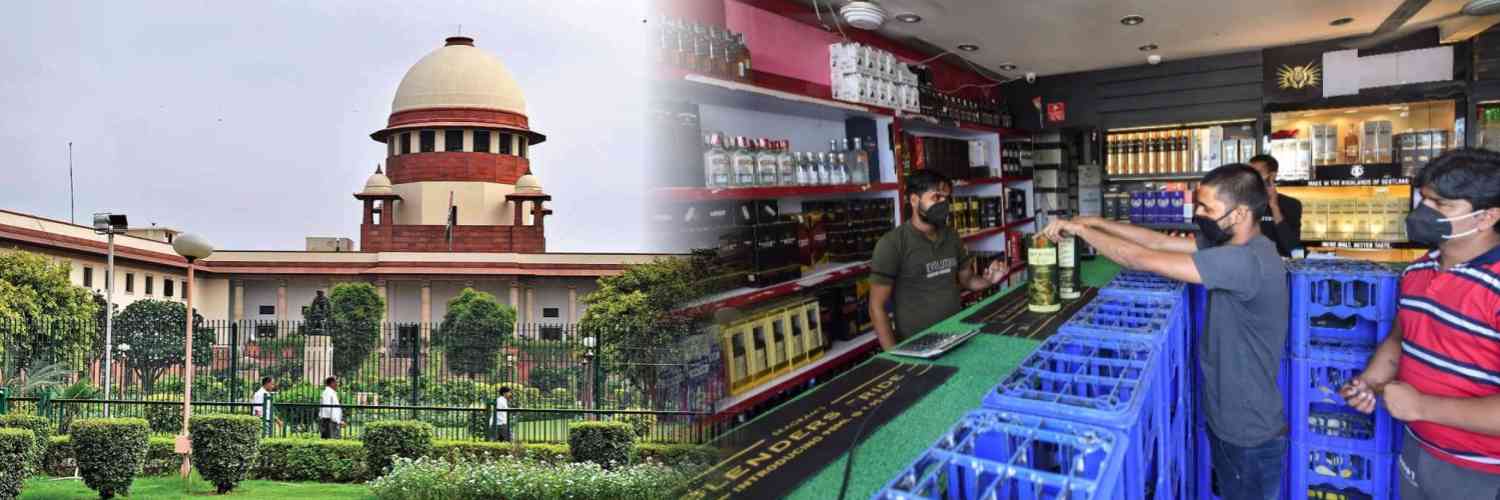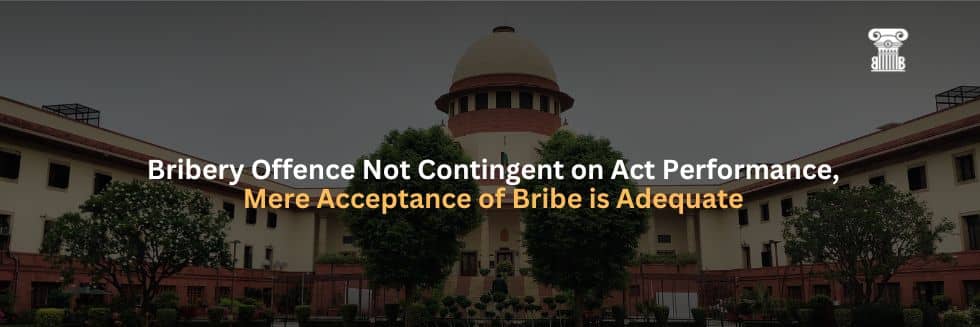Supreme Court on Friday sought to know that for how many generations would reservations in jobs and education continue in connection to the Maratha quota case. The bench also raised concerns over “resultant inequality” in case the 50 percent limit was to be removed.
The matter was taken up by a five-judge Constitution bench headed by Justice Ashok Bhushan, also comprising Justice L Nageswara Rao, Justice S Abdul Nazeer, Justice Hemant Gupta, and Justice S Ravindra Bhat. Senior advocate Mukul Rohatgi, representing Maharashtra vehemently told the court that Mandal judgement on capping the quota needed a re-look in changed circumstances.
He further suggested that the courts should leave the decision to states to fix such reservations in view of the changed circumstances. Rohtagi also stated that the Centre’s decision to grant 10 percent quota to people from an economically weaker section also breached the 50 percent cap.
“If there is no 50 per cent or no limit, as you are suggesting, what is the concept of equality then. We will ultimately have to deal with it. What is your reflection on that… What about the resultant inequality. How many generations will you continue,” the bench said.
The bench further stated that 70 years have passed since independence and the states have been carrying on so many beneficial schemes and can we accept that no development has taken place, that no backward caste has moved forward.
“Yes, we have moved forward. But it is not that backward classes have gone down from 50 to 20 percent. We still have starvation deaths in this country. I am not trying to say that Indra Sawhney is completely wrong, throw it in the dustbin. I am raising issues that 30 years have gone by, the law has changed, the population has grown, backward persons may also have increased,” advocate Rohtagi said.
Referring to the several amendments made in the Constitution, Rohtagi submitted that the country has not reached anywhere near the emancipation” it required for its backward classes.
He contended, “The fact of the matter is Parliament should know what is going on in the country. If Parliament knows it is more than 50 percent and has given 10 percent to a class of economically backward section, no warrant from court should say it cannot go over 50 percent.”
Rohtagi also submitted that it cannot be said that this is not a burning issue and doesn’t require a relook after 30 years. The matter remained inconclusive and would resume on Monday.
